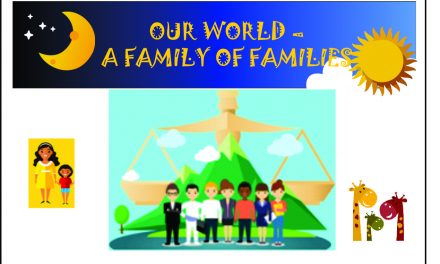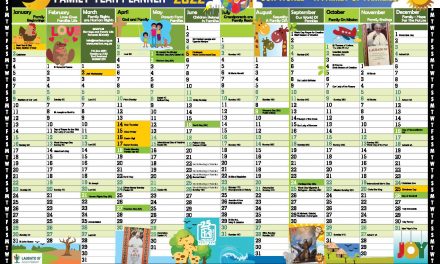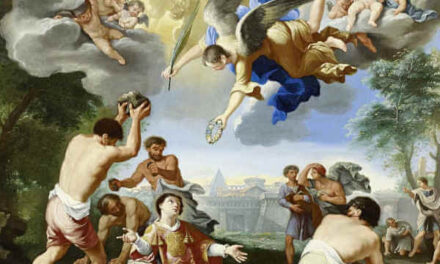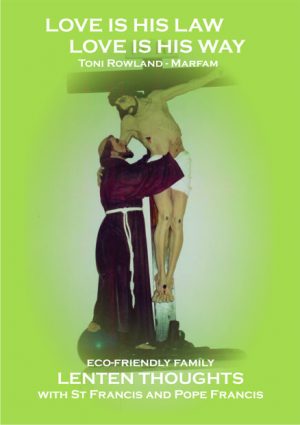
I was mulling over what it is about numbers. It could be power, energy, influence, safety or strength and possibly even weakness. Who first discovered numbers and counting? Researchers state that around 20 000 years ago there is some evidence that counting by marking notches on a stick began. Some time fingers came to be used. By 4000 years ago numbers were used in trading. That’s the technical aspect and something that even little children can begin to learn and understand. The Egyptians and the Greeks started getting more sophisticated with mathematics. At some stage appreciating the power of being able to use numbers, also psychologically, came into play. Surely having two friends is better than one, but maybe having two husbands is not necessarily so.
Daily figures of infections and deaths of COVID-19 have become almost indispensable numerical data in our lives. Up or down determines decisions to be made as to Alert Levels and the range of associated implications.
Elections are clearly an issue of numbers. Most simply, the most votes makes one a winner but then the actual numbers and differences need to be analysed for future planning. Increases and decreases are important too, irrespective of actual quantities.
The issue of climate change is becoming increasingly important because of the myriad effects on our lives and wellbeing. A positive effect at present appears to be the growing support for the need for urgent action. A groundswell of support by all sectors of society, from families to big industry, each addressing what is relevant and possible for them can turn the tide. Divestment in solid fuel mining and use, investment in clean, renewable energy are tasks for industry. Investment in protecting the environment and preventing loss of biodiversity, plant and animals, is a wide-ranging need. There is extinction or also overtaking of the natural ecosystems with foreign plant or animal life that will affect the delicate ecological balance built into creation.

The Season of Creation observed by Christian denominations since September 1 has ended, with, I am told, much greater support and awareness than in previous years. 2500 people participating in 104 countries is no mean feat. This is largely as a result of the greater focus on the ravages of climate change. The two upcoming international conferences COP26 on climate change and COP 15 on biodiversity, are coming up and greater awareness for essential decisions is being created. The Church through the Dicastery for Integral Human Development, and the implementation body for LAUDATO SI encyclical, is now promoting the LAUDATO SI ACTION PLATFORM for all sectors of the Church community from families to parishes and organisations. https://laudatosiactionplatform.org/laudato-si-goals/ After the support of the Season of Creation on its final day, 4th October, the Feast of St Francis, a gathering was held of some 40 religious leaders of different faiths representing half of the world’s population. The gathered men – were there any women present?- among them Pope Francis, Ecumenical Patriarch Bartholomew and Islamic, Jewish, Buddhist and Hindu leaders, signed a declaration calling on world leaders at these upcoming conferences to promote urgent corrective attention to the climate issue. Is there power and strength and influence in numbers? One would certainly hope so, but no doubt it still depends on who the representatives https://www.ncronline.org/news/earthbeat/pope-francis-joins-world-faith-leaders-urgent-climate-appeal-ahead-cop26are.

One number aspect I have some difficulty understanding is that “less is more.” Can than be true? Not on a purely numerical level, but when applied to outcomes it can certainly be so. It often seems to be misinterpreted in quotes which are more like comparisons e.g. less talking – more listening. That makes sense but it is not used as a consequence. The minimalist approach in graphic design or architecture explains it better; less clutter in a picture leads to more clarity, more focus on its essence. Less stress in life also leads to happier, more contented families.
Questions we ask in the number game: Are there too many people in the world? Or are we using up too much of the available natural resources, or is there an imbalance in distribution of resources? I have been listening to a webinar on “expensive poverty,” a concept that might seem an anomaly. The facts presented were that 1.2 trillion dollars in aid has been donated in Africa in recent years and yet the continent overall is experiencing greater poverty than ever before. Are we shocked by that number? Are we affected most strongly by the power or the influence of numbers when they are large and therefore more impressive? One speaker responded to a question about the response to the poverty and stated, “stop giving aid to the oppressor.” In other words, less aid, which is being misappropriated, could lead to a decrease in poverty and more growth in development and self-reliance.

We like to say, “XYZ is a numbers game.” It certainly is, at times a good game with positive outcomes but not necessarily so. Can numbers count? Not in themselves but numbers can teach very important lessons in the game of life.








Recent Comments